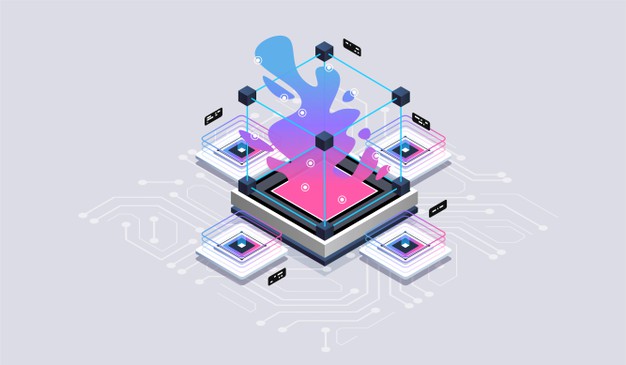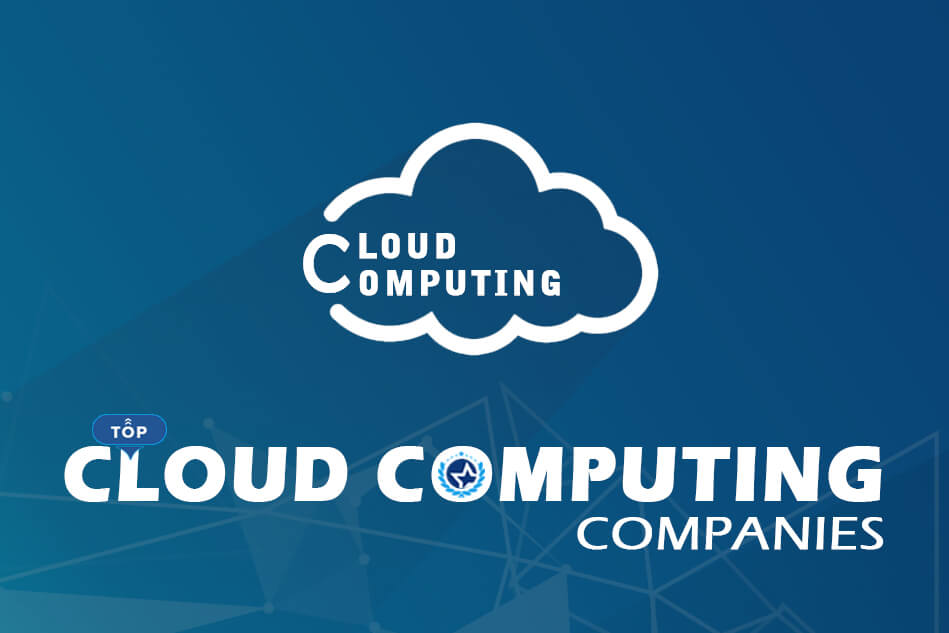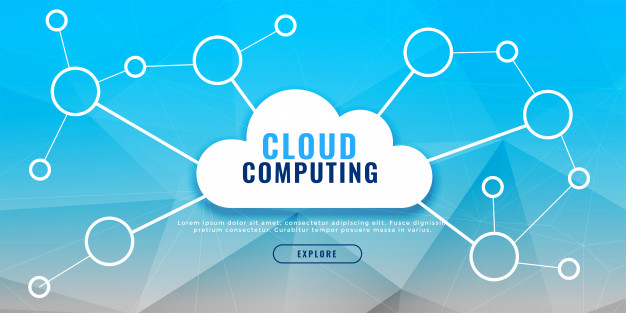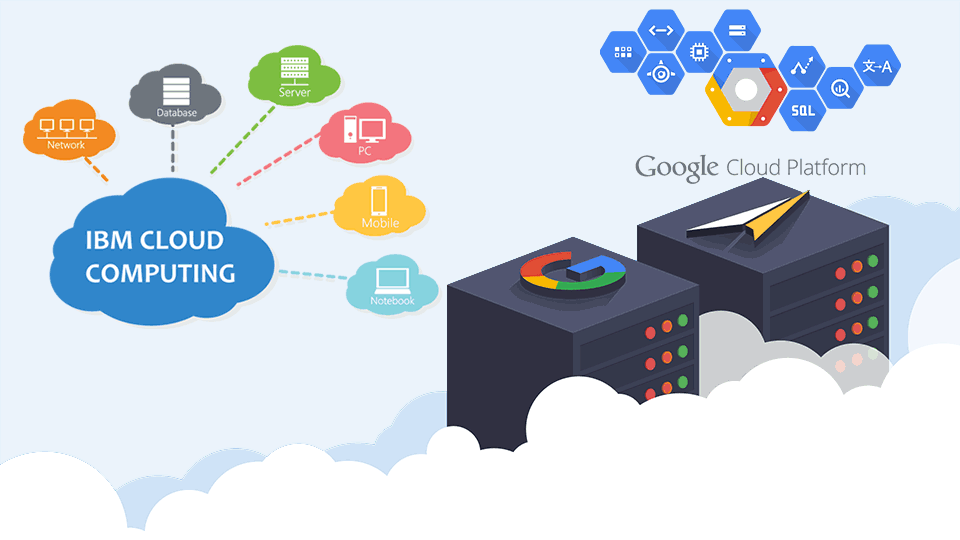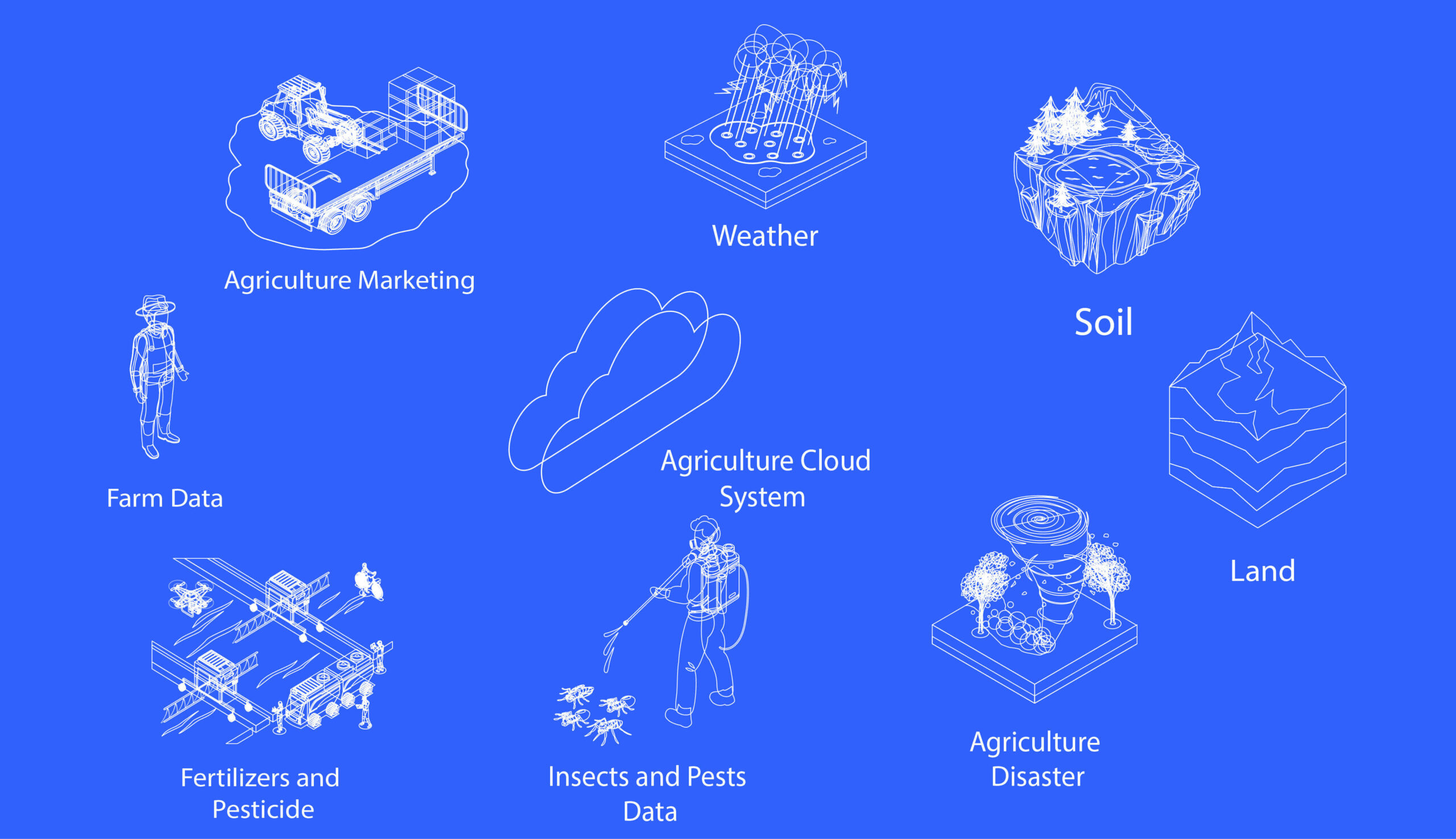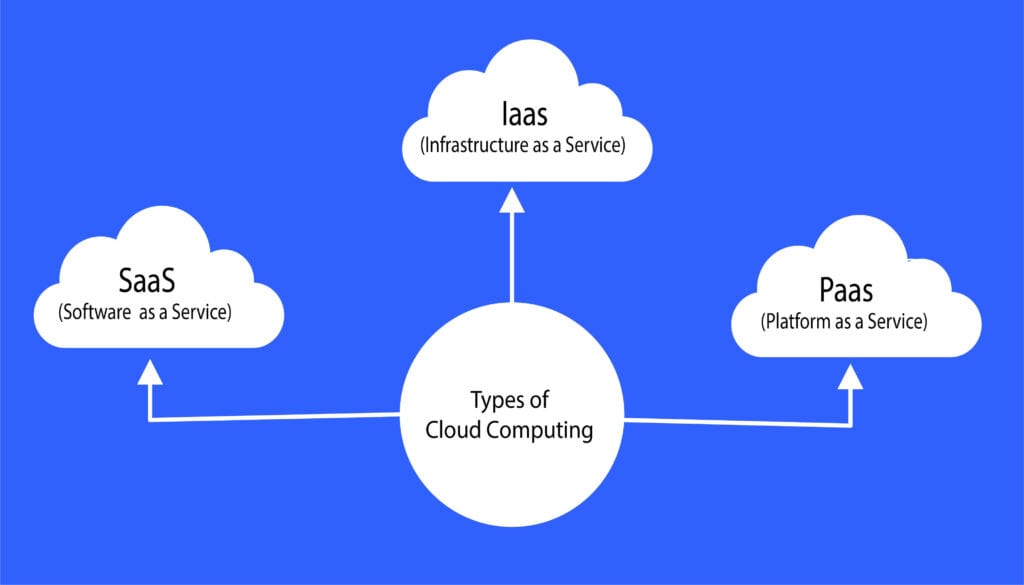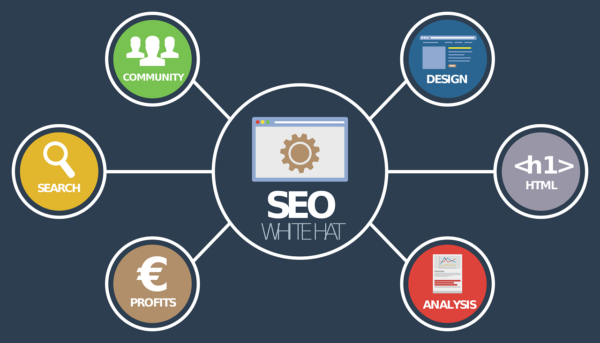Network Infrastructure Security
If you run an enterprise-level IT company, renowned Network Infrastructure Security measures must be your top priority. This involves having control over who can access the network, firewalls, virtual private networks, and few other things.
This article will highlight the top network infrastructure security measures that can help you prevent unauthorized access, theft, or loss of data.
Network Infrastructure Security Measures
Many hardware and software components get connected to a computing network. If any of the connected devices contain vulnerabilities, the network can easily get compromised.
Keeping the network secure at all times is a must. This requires several network infrastructure security measures, and the most important ones are:
Network Security Audits are Must
To keep a network secure, the network needs to go through regular network security. This process will help identify any potential vulnerability in the network. The network security policies and all the software and hardware connected to the network must get audited by professionals.
You can audit your network either with the help of third-party network security service providers or you can hire in-house cybersecurity professionals. The internal team can run routine audits.
Monitor User Access Privileges
User access privileges must get minimized with increased monitoring of who is accessing the network. Otherwise, unmonitored access can lead to the network getting compromised, even by internal users who have access to the network.
Applying a POLP (Policy of Least Privilege) policy to each user account can also help to minimize the risk.
Quick Software Patching
This is very important. If you use outdated software or constantly delay the application of security patches, your network becomes vulnerable and hacking attacks could become inevitable.
Always monitor the software you use in your network and ensure that it’s always updated. Most cyber attacks take advantage of outdated software vulnerabilities.
Look at Network Hardware as Well
Overseeing all the hardware components including servers, storage drives, routers, and switches, connected or about to be connected to the network, is as important as maintaining the software. The software installed in each hardware component needs to go through checks and scanned for any potential attack.
Detection Systems to Guard Network
Detection systems help detect any unauthorized access to the network, including harmful software within the network at the early stage. Using these detection systems can help to secure the network infrastructure to a great extent.
Use Virtual Private Networks (VPN)
You can easily divide the entire network infrastructure into several sub-segments or virtual private networks. A VPN keeps the data encrypted between endpoints. This can help you protect other parts of the network when a specific section of the network gets compromised.
Isolating the network can also help protect other segments during a cyber attack.
Using Antivirus Software in The Network
Using antivirus software can detect any vulnerability in any specific software or files being used in the network. It also helps to get rid of adware, spyware, and spam. The presence of an Antivirus in the network infrastructure is a must.
Using Behavioral Analytics Tools
The behavior of all users who have access to the network can and must get tracked and monitored continuously. This will help you keep up with any unusual behavior in any user account and protect the network from any calamity.
Apart from all the listed network infrastructure security measures, there are several other things that you can do to keep the network protected from hackers and cyber attackers. For instance, using strong passwords, having a backup of data, and restricting hardware components from unauthorized users.
Using encryption when possible and the help of a third-party network security service provider solves security risk management. You can also consider some of these network security reportings.



